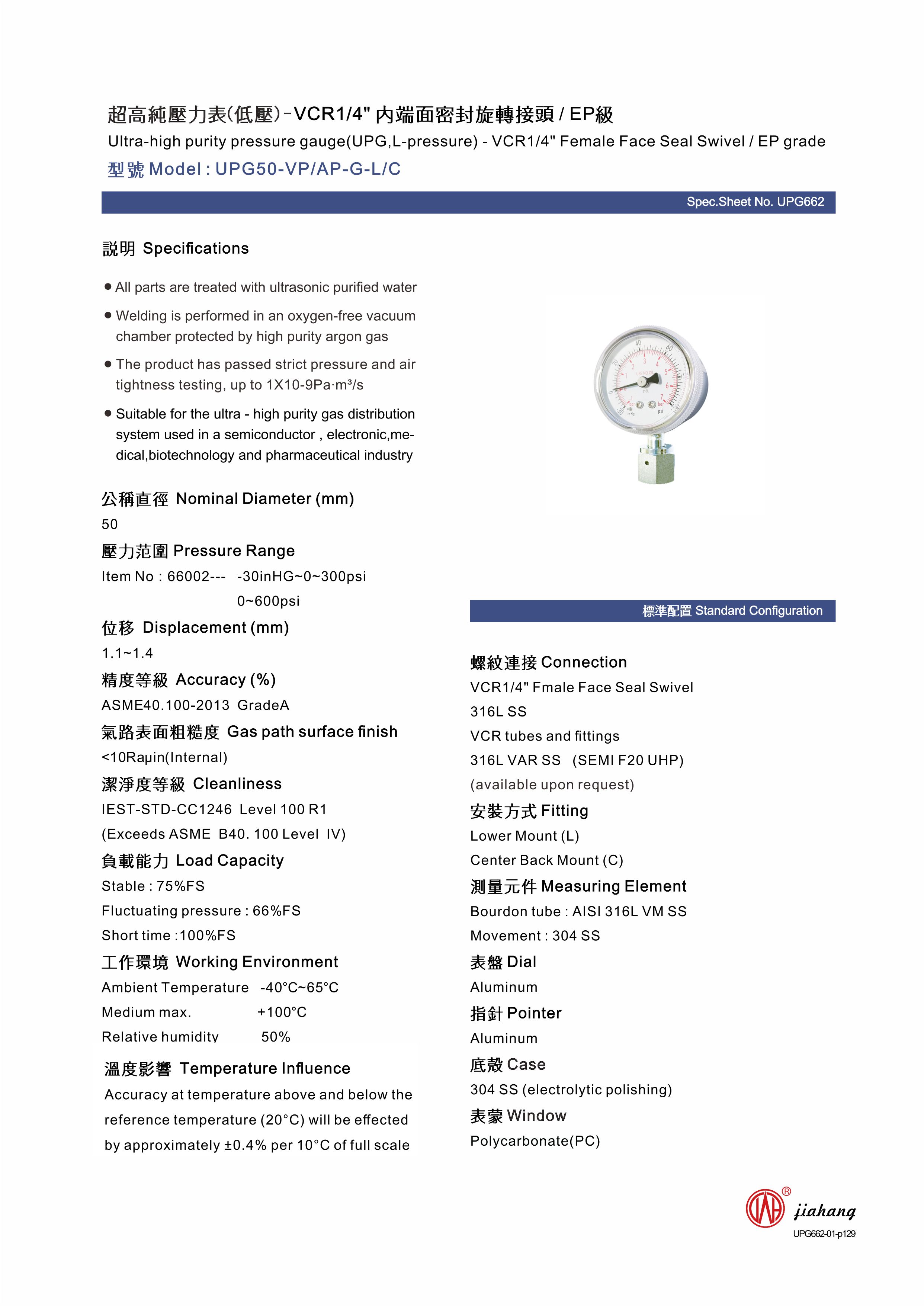
9 月 . 28, 2024 19:36 Back to list
Various Types of Differential Pressure Gauges for Wholesale Applications
Understanding Wholesale Types of Differential Pressure Gauges
Differential pressure gauges are essential instruments used in various industries to measure the pressure difference between two points in a system. These devices play a crucial role in monitoring and controlling processes in manufacturing, HVAC systems, water treatment, and more. In this article, we will explore the different wholesale types of differential pressure gauges available, highlighting their features, applications, and the factors to consider when selecting the right gauge for your needs.
What is a Differential Pressure Gauge?
A differential pressure gauge measures the difference in pressure between two points. This measurement is critical in applications such as filtering systems, air flow, and level measurement in tanks. A change in differential pressure can indicate blockages, leaks, or changes in system performance, making these gauges invaluable for maintenance and efficiency.
Types of Differential Pressure Gauges
1. Mechanical Differential Pressure Gauges Mechanical differential pressure gauges usually employ a diaphragm or piston mechanism to detect pressure variations. These gauges are straightforward to use, require minimal maintenance, and provide accurate readings. They are widely used in HVAC systems, oil and gas applications, and various industrial processes. Mechanical gauges are known for their durability, making them suitable for harsh environments.
2. Electronic Differential Pressure Gauges Electronic gauges utilize sensors to measure pressure differences and convert the readings into digital signals. These digital gauges often come with advanced features, such as data logging, remote monitoring, and alarm functions. They are ideal for applications needing high accuracy and can easily integrate with automation systems. The downside is that they may require more maintenance and calibration compared to mechanical models.
3. Capacitive Differential Pressure Gauges Capacitive sensors measure changes in capacitance caused by pressure variations. This type of gauge is known for its accuracy and is commonly used in laboratory and industrial applications where precise measurements are crucial. Capacitive gauges can detect very small pressure changes and are often employed in clean room environments and pharmaceuticals.
4. Strain Gauge Differential Pressure Transducers These devices use strain gauges to measure the deformation of a sensing element under pressure. The change in resistance is proportional to the pressure difference. Strain gauge transducers offer high accuracy and are ideal for applications requiring precise pressure measurements, such as in research and development labs or high-precision manufacturing processes.
5. Magnetostrictive Differential Pressure Gauges Magnetostrictive technology allows for precise measurement of pressure differences using a magnetic field. These gauges are typically used in applications requiring high resolution and repeatability. They are suitable for measuring levels in tanks and reservoirs while providing excellent reliability in continuous monitoring systems.
wholesale types of differential pressure gauges

Key Factors to Consider When Choosing a Differential Pressure Gauge
When selecting a differential pressure gauge, several factors need to be taken into account to ensure optimal performance
- Range of Measurement Understand the range of pressures you will be monitoring. Selecting a gauge with a range suitable for your application is crucial to ensuring accurate readings.
- Accuracy Requirements Different applications have varying accuracy requirements. Consider the acceptable error margins for your specific requirements when making your selection.
- Environmental Conditions Ensure the selected gauge can withstand the environmental conditions where it will be applied, such as temperature, humidity, and the presence of corrosive substances.
- Maintenance Needs Determine how much maintenance you are prepared to perform. Mechanical gauges may require less frequent calibration compared to electronic models.
- Installation Compatibility Ensure that the gauge you choose fits well within your existing system, considering size, mounting options, and connection types.
Conclusion
Differential pressure gauges are vital tools across many industries, providing critical data for monitoring and optimizing processes. With various types available, including mechanical, electronic, capacitive, strain gauge, and magnetostrictive options, it’s essential to choose the right gauge based on specific application needs. By understanding the capabilities of each type and considering essential factors like measurement range, accuracy, and environmental conditions, you can make an informed decision that will enhance your system's efficiency and reliability.
-
High-Precision 5 Valve Manifold Differential Pressure Gauge Suppliers
NewsApr.29,2025
-
High-Precision Diaphragm Vacuum Pressure Gauges Manufacturers & Quotes
NewsApr.29,2025
-
Omega Differential Pressure Gauges High Accuracy & Durability
NewsApr.28,2025
-
Low Pressure Differential Pressure Gauges Precision Solutions & Quotes
NewsApr.28,2025
-
Digital Diaphragm Pressure Gaauge Precision Measurement & OEM Quotes
NewsApr.28,2025
-
Differential Pressure Gauge China Price High-Accuracy & Best Quotes
NewsApr.28,2025
